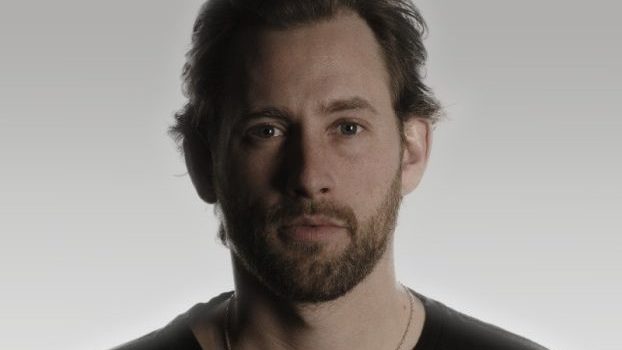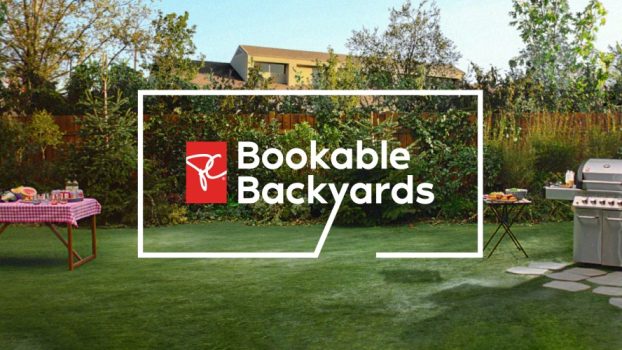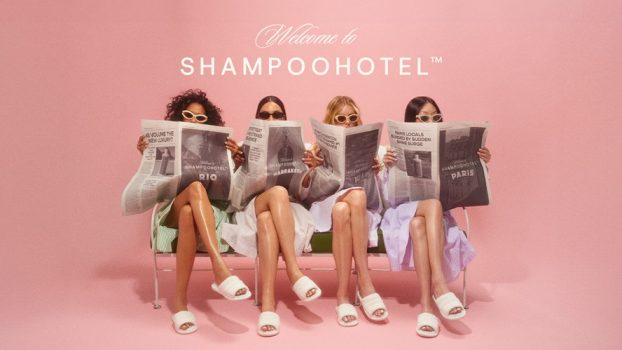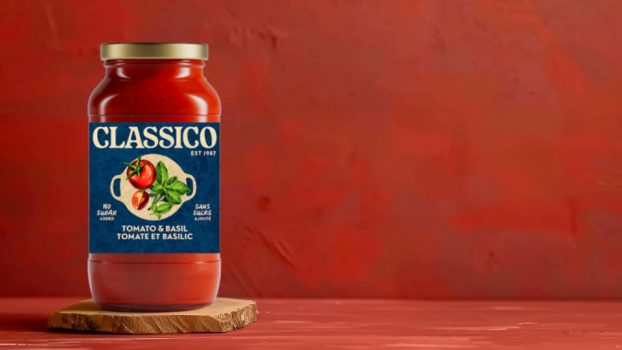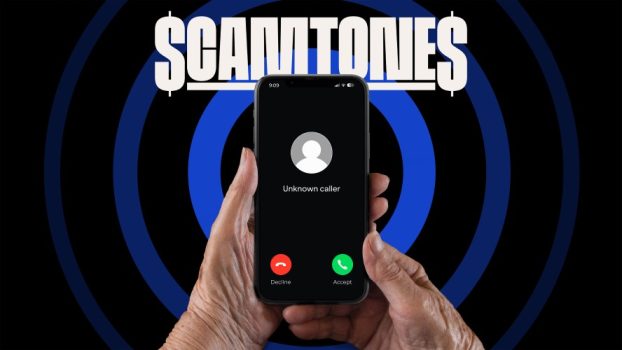With experience leading marketing for brands like The Body Shop and Revlon, a pair of Toronto co-founders sees potential in a new brand that addresses several macro-trends in beauty, as demand for clean, sustainable and high-performing products continues to grow.
Last week, CEO Jessica Stevenson and chief brand officer Jayme Jenkins launched Everist, a new line of zero-waste, waterless haircare products that will begin shipping to customers in Canada and the U.S. next month.
Jenkins previously spent a decade at L’Oréal and The Body Shop, launching global beauty innovations in Europe and leading marketing and CSR activities here in Canada. Stevenson has led marketing for Revlon’s professional beauty brands in Canada and served as general manager for Australian clean beauty brand Nude by Nature. Both women began their careers in CPG.
Priced at $28 per tube, Everist’s shampoos and conditioners come as pastes that contain only pure, active ingredients and are three-times more concentrated than traditional formulas. The patent-pending formulas are entirely waterless, meaning customers must activate them using water in the shower. As concentrates, the products are able to be packaged in 100ml travel-friendly aluminum tubes, which the founders see as another competitive advantage.
One of the main insights behind the Everist brand is that most shampoos and conditioners are more than 70% water. Research, including a 2021 beauty trend forecast by Mintel, points to waterless products as being an emerging trend in a category under pressure to become more eco-friendly. Not only does eliminating water reduce the use of a critical resource, but it also generally makes the formulations last longer, which contributes to their eco-friendless.
 Jenkins notes that Everist is going up against brands offering dry shampoos and waterless shampoo bars. However, unlike these other products, she says Everist wanted to offer a product that offers a similar experience to what most people already use.
Jenkins notes that Everist is going up against brands offering dry shampoos and waterless shampoo bars. However, unlike these other products, she says Everist wanted to offer a product that offers a similar experience to what most people already use.
Everist also aims to tackle another challenge facing the beauty industry: the use of single-use plastic packaging. Its products are packaged in aluminum – one of the most recyclable materials available for packaging – except for the cap of the bottle, which customers can send back to Everist to be reused as part of its “CapBack” program.
Finally, the company is launching with the promise of carbon neutrality. The founders note that the close proximity of its suppliers reduce the brand’s climate impact. And compared to heavier bottles containing a lot of water, its products already have a lighter shipping footprint.
But to help further mitigate its impact on the planet, Everist has also partnered with Climate Neutral, an independent non-profit organization that will help it measure and offset its carbon footprint through the purchase of carbon credits, as companies like Maple Leaf Foods and Aldo have recently begun doing.
At launch, Everist is relying primarily on PR and search to get the word out, with plans to expand into influencer and digital channels in short order.
When it comes to messaging, Jenkins says one of the challenges the leaders anticipate is telling Everist’s story clearly and succinctly to a broad range of consumer segments with different purchase drivers, including those that prioritize sustainability, clean ingredients and high-performance. For example, its products tout a series of labels that have become popular in other categories, as they are “free-from parabens, sulfates, silicones, dyes, synthetic fragrances and preservatives, as well as being proudly vegan and cruelty-free.”
“How do we tailor those messages to those audiences, because we kind of cross over all those areas?” says Stevenson.
The company is already developing a roadmap for launching new innovations with additional SKUs in body care and skincare later this year, having received funding from Wonderment Ventures, social impact firm Good & Well, and the Canadian founders of Knix and Smythe.
“Obviously we’re starting in haircare. But the application kind of goes beyond that,” says Stevenson. “We don’t view ourselves just as a haircare brand. We really want to change the industry and bring this innovation [to other categories].”




